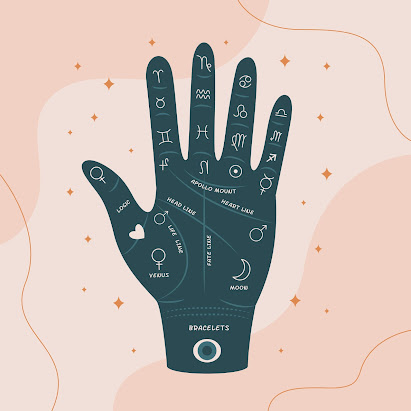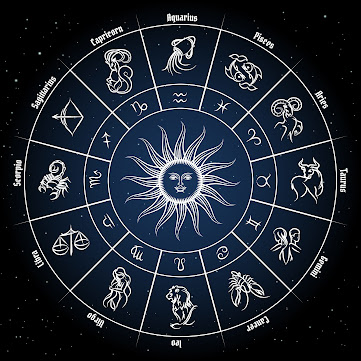What is Vedic Astrology, and how does it differ from Western Astrology?
Vedic Astrology, also known as Jyotish, is an ancient system of astrology that originated in India. It is based on the Vedas, which are the ancient religious texts of Hinduism. Vedic Astrology is believed to be thousands of years old and has been used to provide guidance and insight into people's lives.
How does Vedic astrology differ from Western Astrology?
The main difference between Vedic Astrology and Western Astrology is the way in which the zodiac is defined. In Western Astrology, the zodiac is based on the tropical year, which is the time it takes for the Sun to return to the same position in the sky. The tropical zodiac is divided into 12 equal parts, with each part representing a different sign.
In contrast, an astrologer in Vedic Astrology uses the sidereal zodiac, which is based on the actual position of the stars in the sky. The sidereal zodiac is divided into 12 equal parts, with each part also representing a different sign. Due to precession, the sidereal zodiac is about 23 degrees earlier than the tropical zodiac, meaning that the signs in Vedic Astrology are shifted back by about one month in comparison to Western Astrology.


.jpg)

Comments
Post a Comment